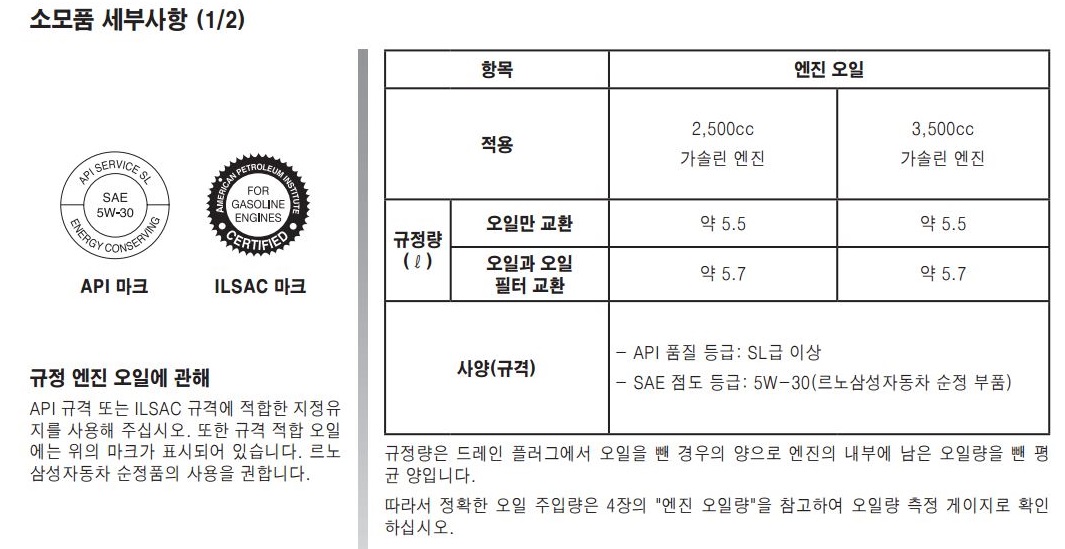In December 2014, a South Korean engineering journal published an article concluding that genuine passenger car engine oils in the country are inferior to branded lubes even though they cost up to 30 percent more.
Fourteen months later, the authors of that report say the situation has not changed.
Since the release of this study, there was no quality improvement in genuine engine oil products and no markdowns in their prices, Lim Young Kwan, the lead author and chief researcher at the Korea Institute of Petroleum Managements Research Institute of Petroleum Technology, told Lube Report Asia. That seems to be on account of automakers existing contracts with lube [contract blenders] need to play out.
The institute, a quasi-governmental organization commonly known as K-Petro, conducted its study in cooperation with Chungbuk National Universitys Department of Chemical Engineering, and their report was published in the journal of the Korean Society of Industrial and Engineering Chemistry. The researchers said they wanted to compare the performance of automaker-branded passenger car engine oils to those branded by lubricant marketers because genuine oils are priced up to 30 percent higher.
Researchers conducted the study using 14 automaker-branded engine oils, including Hyundais Premium LF gasoline engine oil and Premium DPF diesel engine oil and GM Koreas Dexos1 and Dexos2, along with 14 oils offered by lubricant marketers under their own brands, including S-Oils Euro XT, GS-Caltex’s Kixx G1 and G1 FEx, Kixx Turbo RV and Kixx PAO, SKs Zic A and A+, Zic 5000 and Zic RV+, Quartz 9000, RV and S and Mobil Super 3000.
First the researchers used fresh samples of each oil to test for six properties: kinematic viscosity at 40 degrees C; apparent viscosity at minus 25 degrees and minus 35 degrees; flash point; pour point; oxidation stability; and wear. Then they installed the genuine oils in test vehicles that included 14 models available in South Korea, ran them for 10,000 kilometers and drew oil samples for retesting.
The first round of testing showed all oils within the ranges prescribed for those products and also showed equal performance between genuine and industry oils, the article said. The second round of testing showed, as one would expect, decreased kinematic viscosity for all products. But genuine oils underwent a larger deterioration than industry oils, which the authors referred to as general oils.
This means additives like viscosity index improvers work better in general oils, the article said.
General oils also performed better on the second tests for total acid number and wear, and the researchers concluded that this indicated that they contained more effective anti-oxidants and lubricity additives.
On the other hand, the researchers did not discern significant changes in the test results that the two categories of oils yielded for flash point, pour point.
From the analytic results of this study, genuine oils had similar physical properties to regular engine oils under the fresh condition, the article concluded. But recovered [oil marketer-branded] engine oils had better properties in lubricity, kinematic viscosity and acid number change than those of recovered genuine engine oils. The article went on to recommend, Automakers need to improve the quality of their genuine engine oil orlower the price of their engine oils.
Several OEMs contacted for this article declined to comment.
Lim said the conclusions of the article were probably no surprise to Koreas lubricant industry.
It is an open secret around the lube oil business that the specifications of genuine engine oils are lower than that of [industry] products, he said. Their specifications have to be lowered down for economic reasons, I think.
Apparently the higher costs charged by OEMs dont prevent consumers from using them. K-Petro surveyed 240 motorists and found that 52 percent use genuine oils. Seventy-five percent of respondents said they followed automaker oil recommendations over the advice of mechanics.
Automakers claim that their oils cost more than industry brands because their distribution channels, which include contract blenders, automakers and dealer agencies, are more complicated. Genuine engine oils are offered by auto repair shops and mechanics and can also be purchased over the Internet for home delivery.
Others say that more factors can also come into play. Car owners, ignorant about motor oils or indifferent to car maintenance, may interpret the higher prices as indicative of better quality.On the other hand, even knowledgeable car owners may choose genuine oils if an OEM makes it a condition of the cars warranty. Ssangyong, GM Korea and Renault Samsung recommend use of genuine oils in their owners manuals, while Hyundai and Kia prescribed products meeting certain standards.
It should also be noted that in the Korean language, the term for genuine – SunJeong – also means pure and correct, and this may affect some consumers. Many consumers regard SunJeong products as nationally certified products not as OEM products for the naming of SunJeong.

Photo: K-Petro